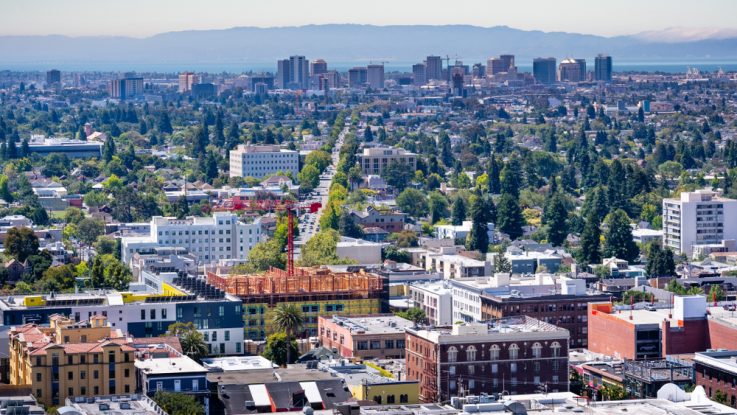
The City Council of Berkeley, CA recently unanimously passed the Berkeley Food Utility and Access Resilience Measure (FARM) which will expand the city’s goal of creating new approaches to address food insecurity. FARM will be an important factor in achieving one of the city’s key Climate Action Plan goals: for the “majority of food consumed in Berkeley” to be produced locally.
The FARM initiative supports the development of hyper-local urban food production to support community resilience in the city. Hyper-local produce is food grown in a community’s backyard and available for purchase and consumption at local markets and restaurants. The benefits of hyper-local produce include: freshness; support of local businesses; a reduction of transportation costs; and the lessening the risk of supply chain disruption.
The measure was designed after a year of research and input from local and national food producers, distributors, and food security experts. In order to fund the measure, it’s expected that the city will incentivise the program to food producers and nonprofits.
The FARM initiative plans to achieves food resilience by:
- developing hyper-local food production sources;
- connecting these sources to each other and local community hubs, including food banks, grocery stores, restaurants, and schools; and
- powering hyper-local food production sources using renewable energy with battery backup storage that can operate despite disruptions to the main power grid.
“Food insecurity is growing dramatically here and everywhere,” Vice Mayor and Berkeley City Council Member Ben Bartlett said. “There’s an overall need for nearly quintuple food supply in the world. (There is) this perfect series of pressure points impacting food security, from poverty, to climate, economy, to demographic change, all of which requires us to try new ways to increase food production.”